Are you thinking of buying an RV? If you are, you might be wondering how much it will cost. It’s hard to know how much money to save up for such a big purchase, but don’t worry!
In this article, we will explore what factors affect pricing and offer helpful tips on buying a smaller-sized recreational vehicle without spending too much money.
So whether you are planning an epic road trip or just wanting to try out life on wheels for a while, keep reading to learn more about treating yourself (and your wallet) with this exciting investment!
Table of Contents
How Much is a Small RV?
The price of a small RV can vary greatly based on several factors. Size, age, and condition are all important considerations when determining how much a smaller RV will cost you.
On the other hand, a larger 30-foot new Class A motorhome would cost much more and could range between $65,000 to well over $100,000.
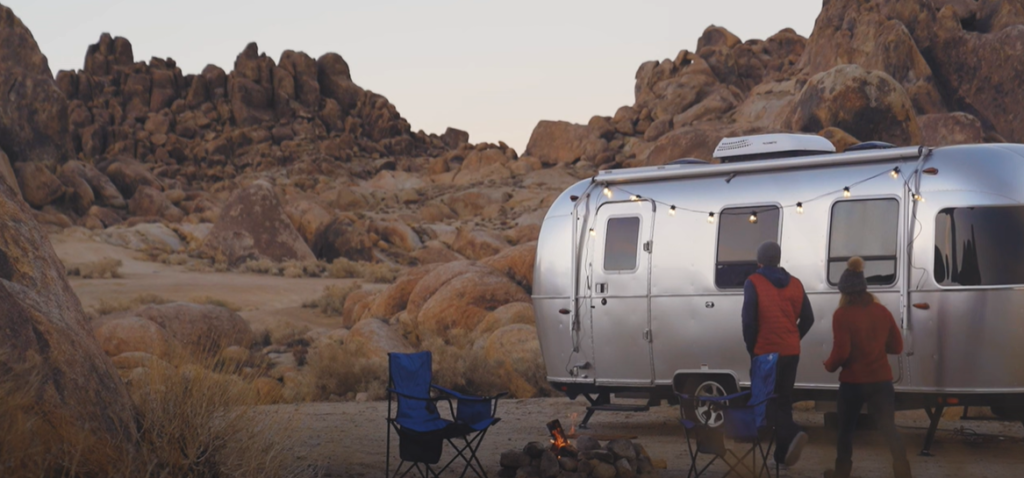
RV Sizes and Costs
Small RVs come in a variety of shapes and sizes, each with its own unique price range. Here are some common types and their estimated cost ranges:
- Pop-up campers/Tent Trailers: $5,000 – $15,000
- Class B Motorhomes (Van Conversion): $25,000 – $50,000
- Class C Motorhomes: $30,000 – $60,000
- Class A Motorhomes (Gas): $50,000 – $150,000
- Class A Motorhomes (Diesel):$90,000 – $200,00
RV Class and Size
The class of your RV can have a significant effect on the overall cost. Class A and C motorhomes are typically bigger than pop-up campers or van conversions, so they generally require a larger budget.
In addition to size, age is another important factor. Newer models tend to be more expensive than older ones, but they also come with more features, better fuel efficiency, and a longer life expectancy. [1]
RV Manufacturer and Quality
The brand and quality of the RV you purchase can also have a major impact on the price.
Luxury models from well-known manufacturers tend to cost more than lower-end brands, but they usually come with higher build quality, more features, and better customer service.
Finishes and Amenities
The kind of things you want in your RV can affect how much it costs. Some upgrades people might want are furniture, power generators, air conditioning, nicer appliances, and entertainment packages. All of these things cost more money, but they can make a big difference in your RV.
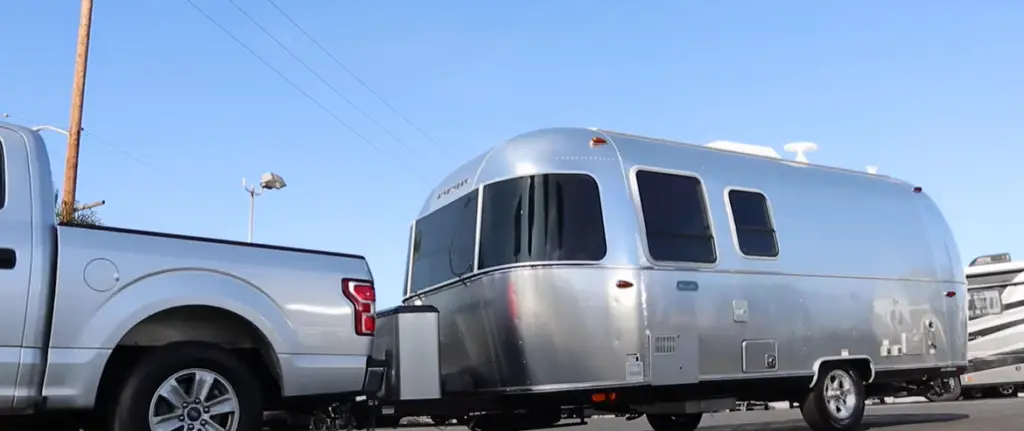
Motorhome RV Classes
Class A RVs
Class A motorhomes are the largest and most luxurious of all RV classes, and their cost reflects that.
They typically have top-of-the-line finishes and amenities that make them perfect for long trips or full-time living. The average cost of a new Class A motorhome is between $50,000 to $150,000.
Class B RVs
Class B motorhomes are smaller and usually come as van conversions. These RVs can range from $25,000 to $50,000 and are perfect for couples or solo travellers who want more amenities than a pop-up camper but don’t need the space of a Class A or C motorhome.
Class C RVs
Class C motorhomes are the middle ground between Class A and B motorhomes. They often have plenty of space for a family of four or five and come with decent amenities, but they still don’t cost as much as a Class A. The average price for a new Class C motorhome is between $30,000 and $60,000. [1]
Travel Trailers
Travel trailers are an excellent choice for those on a tight budget. They offer plenty of storage space, basic amenities, and can be towed behind almost any vehicle. Prices range from $5,000 up to around $15,000 depending on size and features.
What Affects the Price of a Small Motorhome?
When shopping for a small motorhome, it’s important to take into account the size, age, and condition of the RV. The class of the RV can have a significant effect on price as well as any additional amenities you choose such as furniture or entertainment packages.
Finally, make sure to factor in the manufacturer and quality when making your decision. All of these things will affect the overall cost of your small motorhome, so it’s important to do your research and shop around before committing to a purchase.
What is the Cheapest Motorhome?
A pop-up camper or tent trailer is typically the cheapest motorhome. These RVs are small and don’t have a lot of features, but they can still be cosy and provide a good camping experience.
Prices for these RVs typically range from $5,000 to $15,000 depending on size and features.
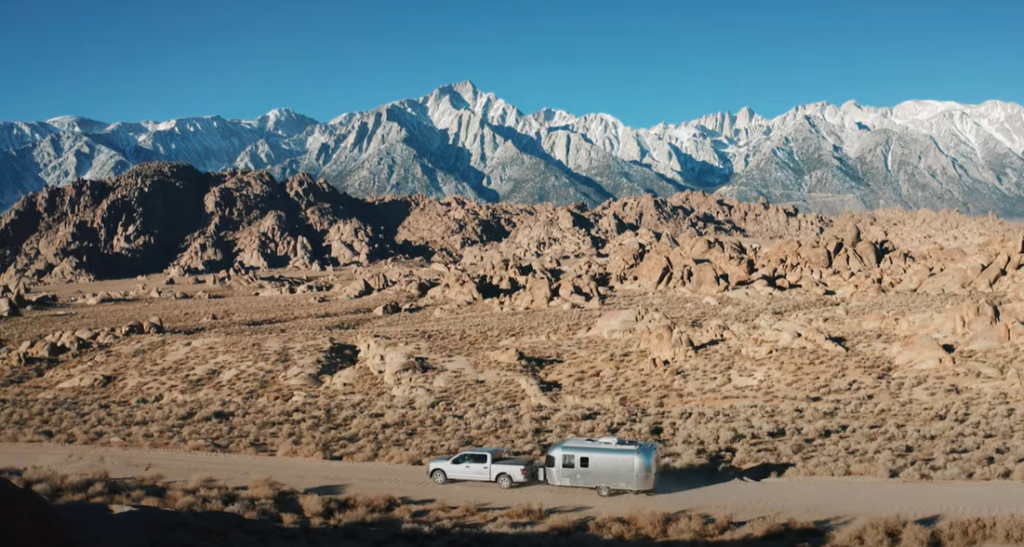
How Much Does it Cost to Insure a Small Motorhome?
The cost of insurance for a small motorhome varies depending on the type, age, and condition of the RV as well as other factors such as your driving record.
Generally speaking, full-time coverage for a Class A or B motorhome can range from $500 to $1,500 per year while travel trailer insurance is typically cheaper at around $250 to $500 per year. It’s always best to get a quote from an insurance provider before committing to coverage.
How Much Does it Cost to Rent a Small Motorhome?
The cost of renting a small motorhome varies depending on the size, age, and condition of the RV as well as any additional amenities you choose.
Generally speaking, a Class A motorhome can run anywhere from $150 to $500 per day while a Class B or C can range from $75 to $250 per day. Travel trailer rentals usually cost around $50 to $125 per day. [2]
Other Costs When Buying a Small RV
In addition to the purchase price and insurance costs, there are some other expenses that should be taken into consideration when buying a small RV.
These include registration fees, a tow vehicle if needed, fuel costs, maintenance and repair costs, storage fees, and any additional accessories you may want such as solar panels or bike racks. It’s important to factor all of these costs into your budget when buying a small RV.
Tips for Finding an Affordable Small RV
When looking for an affordable small RV, it’s important to do your research and compare prices. Many RV dealerships offer discounts on new and used RVs so make sure to shop around.
Additionally, many private sellers are willing to negotiate on price so don’t be afraid to haggle a bit. Finally, consider buying a used RV as they can often be much cheaper than buying new.
Factors Affecting Small RV Prices
When shopping for a small RV, there are several factors that can affect the price. These include size, age, condition, class of the RV, any additional amenities you choose such as furnishing and entertainment packages, manufacturer and quality of materials used in construction, and any other options you may want like solar panels or bike racks.
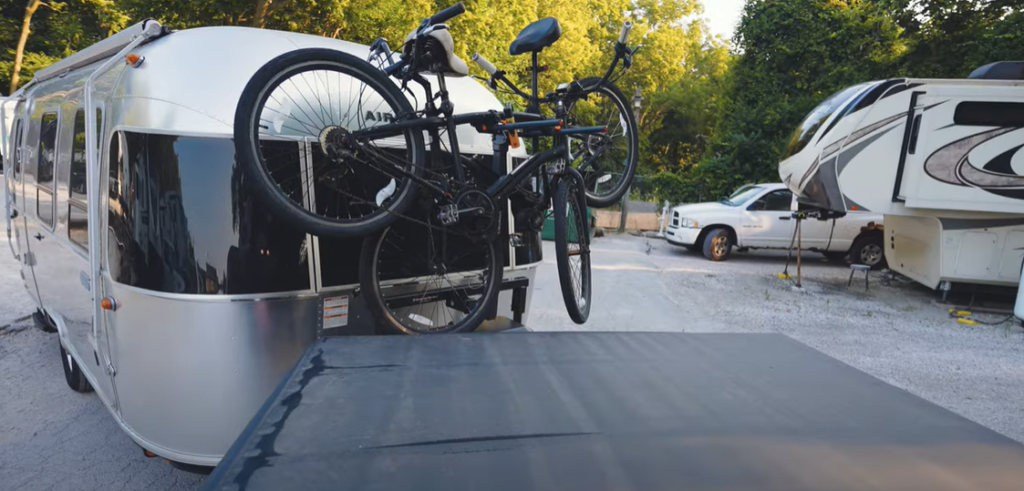
FAQ
What is the cheapest RV cost?
The cheapest RV cost is typically for a pop-up camper or tent trailer. Prices for these RVs range from $5,000 to $15,000 depending on size and features.
How much does it cost to insure a small motorhome?
The cost of insurance for a small motorhome varies depending on the type, age, and condition of the RV as well as other factors such as your driving record.
Generally speaking, full-time coverage for a Class A or B motorhome can range from $500 to $1,500 per year while travel trailer insurance is typically cheaper at around $250 to $500 per year.
How much does it cost to rent a small motorhome?
The cost of renting a small motorhome varies depending on the size, age, and condition of the RV as well as any additional amenities you choose. Generally speaking, a Class A motorhome can run anywhere from $150 to $500 per day while a Class B or C can range from $75 to $250 per day. Travel trailer rentals usually cost around $50 to $125 per day.
What other costs should I consider when buying a small RV?
In addition to the purchase price and insurance costs, there are some other expenses that should be taken into consideration when buying a small RV.
These include registration fees, a tow vehicle if needed, fuel costs, maintenance and repair costs, storage fees, and any additional accessories you may want such as solar panels or bike racks. It’s important to factor all of these costs into your budget when buying a small RV.
What is the smallest RV to buy?
The smallest RV to buy is typically a pop-up camper or tent trailer. These RVs are lightweight and can be towed by smaller cars, making them ideal for those who want to camp but don’t have the space or money for a larger RV. Prices for these RVs range from $5,000 to $15,000 depending on size and features.
Are used RVs cheaper?
In many cases, yes! Used RVs are often much cheaper than buying new and can be just as reliable if you purchase from a reputable seller. When looking for an affordable small RV, it’s important to do your research and compare prices.
Many RV dealerships offer discounts on new and used RVs so make sure to shop around. Additionally, many private sellers are willing to negotiate on price so don’t be afraid to haggle a bit. Finally, consider buying a used RV as they can often be much cheaper than buying new.
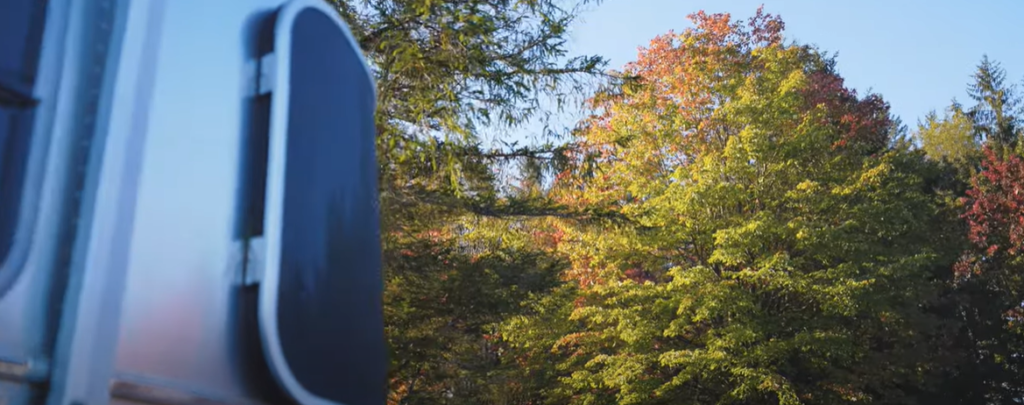
How much is a normal RV?
The cost of an RV depends on several factors including size, age, condition, class of the RV, any additional amenities you choose such as furnishing and entertainment packages, manufacturer and quality of materials used in construction, and any other options you may want like solar panels or bike racks.
Generally speaking, a new Class A motorhome can range from $50,000 to $150,000 while a Class B or C can range from $30,000 to $100,000. Travel trailers typically cost around $15,000 to $50,000 depending on size and features.
Used RVs are usually much cheaper than buying new so it’s worth considering when shopping for an affordable small RV.
How much does the smallest camper cost?
The cost of the smallest camper varies depending on size and features, but they are typically much cheaper than larger RVs. Prices for pop-up campers and tent trailers range from $5,000 to $15,000 depending on size and features.
These small RVs are lightweight and can be towed by smaller cars, making them ideal for those who want to camp but don’t have the space or money for a larger RV.
Is it cheap to live in an RV?
Yes, living in an RV can be cheaper than living in a house or apartment. RVs are smaller, so they need less energy to heat and cool. They also have built-in appliances like a refrigerator, stove, oven, microwave, and water heater.
Additionally, many campgrounds offer discounts for long-term stays which can help you save even more money. Finally, since RVs don’t require a long-term lease or large down payment like a house would need, they are an affordable way to live and travel.
Is it expensive to maintain an RV?
Maintaining an RV can be expensive depending on the size and age of your RV. Older RVs may require more repairs and maintenance than newer ones. Additionally, larger RVs will usually need more fuel and have higher insurance premiums than smaller RVs.
However, there are some ways to save money when maintaining an RV. Many campgrounds offer discounts on repairs and maintenance and you can often find parts online at discounted prices.
Additionally, RV clubs often offer discounts on services such as oil changes or tune-ups. Finally, doing routine maintenance yourself can save you a lot of money in the long run.
What other expenses should I consider when buying an RV?
There are other things you will have to pay for besides just the RV. These things include insurance, registration fees, camping fees and fuel costs.
The insurance for RVs is usually more expensive than regular car insurance, so it is important that you compare prices from different places before you decide.
The registration fees change depending on what state you are in, so make sure you know the laws where you live.
Camping fees can be expensive but many campgrounds offer discounts for long-term stays or frequent visits. Finally, fuel costs depend on the size and weight of your RV so it’s important to factor this into your budget.
What is the best way to buy an RV?
To find the best RV for you, start by figuring out how much money you want to spend and what kind of RV you want. Then look at different models to compare prices and features.
You should also read reviews from people who have already bought RVs. If you can, take a test drive before you buy an RV so that you know what it feels like. It is important to do your research so that you find the best RV for your needs.
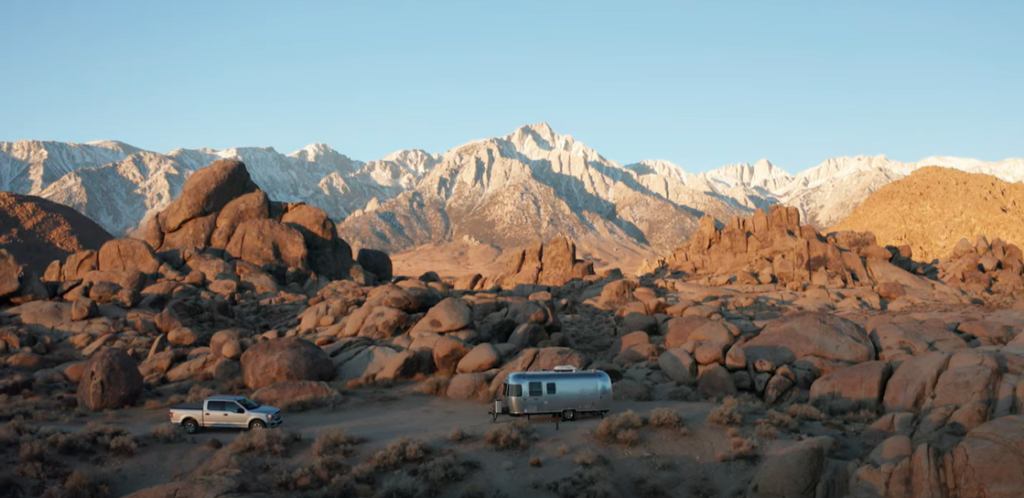
When is the best time to buy an RV?
The best time to buy an RV is usually in the fall and winter months. During this time, many dealers are offering discounts on new RVs and there are more used RVs available.
Additionally, you will have more flexibility when negotiating prices since it is off-peak season for buying recreational vehicles.
How can I save money when buying an RV?
There are a few ways to save money when buying an RV. You can buy a used RV, which will be much cheaper than a new one. You can also look for discounts and deals from dealerships or online.
Additionally, you can take advantage of seasonal sales or trade-ins to get a better deal.
Finally, you can look for financing options that offer lower interest rates or make a larger down payment to reduce the amount of your monthly payments.
Why should I buy an RV?
Buying an RV can be a great way to travel and explore the country, while still having the comforts of home. An RV allows you to take all your essential items with you wherever you go, so you don’t have to worry about packing and unpacking every time you move from place to place.
Additionally, you can save money when you buy an RV by finding discounts and deals or taking advantage of financing options. Finally, RVs are a great way to enjoy the outdoors without having to rough it overnight in a tent.
Does buying an RV make sense for everyone?
No, buying an RV does not make sense for everyone. If you are someone who likes to move around often and doesn’t want to be tied down in one place, then an RV might not be the best choice for you.
Additionally, RVs can be expensive if you are on a budget, so be sure to factor in all the associated costs before making a decision.
Do I need special insurance for my RV?
Yes, you will need to get special insurance for your RV. The insurance rates will depend on the type of RV and where you live, so make sure to do your research before purchasing a policy. Additionally, many companies offer discounts if you are part of an RV club or organisation.
Does buying an RV include any other costs besides the purchase price?
Yes, there are other costs associated with buying an RV besides just the purchase price.
These things include insurance, registration fees, camping fees and fuel costs. Make sure to factor in these additional expenses before you make your final decision.
What is the best way to maintain my RV?
The best way to maintain your RV is by following the manufacturer’s instructions for regular maintenance. Additionally, you should inspect your RV before each trip for any potential problems and repair them as soon as possible.
Finally, make sure to clean and check all of the fluids on a regular basis. This will help keep your RV running smoothly and will help to avoid any costly repairs.
Does the size of my RV matter?
Yes, the size of your RV does matter. You need to make sure that your RV is large enough for everyone to be comfortable and have all the amenities you desire.
Additionally, some states have height and width regulations for RVs so be sure to check those before making your purchase.
Finally, consider how much storage space you need and how far you’ll be driving since those things can also affect the size of the RV you should buy.
Do I need to be a certain age to buy an RV?
No, you do not need to be a certain age to buy an RV. However, some states may require that you are at least 18 years old and have a valid driver’s licence.
Additionally, some dealerships may also have specific requirements for renting or financing an RV. Be sure to check with your local dealership for more information.
Does buying an RV involve any additional paperwork?
Yes, when you buy an RV there is some additional paperwork that needs to be completed and filed. This includes registration forms, insurance documents, and any financing information.
Be sure to double check all the paperwork before signing anything, as mistakes can lead to costly delays or fees. Also, make sure you keep copies of all the documents in a safe place should you need to reference them in the future.
Which RV is right for me?
The best RV for you will depend on a variety of factors such as your budget, the size of your family, and how often you plan to use it.
Additionally, think about what type of amenities you would like in an RV and decide if a smaller model with fewer features would be better suited for your needs.
Should I buy a used or new RV?
Whether you should buy a used or new RV will depend on your budget and needs. Used RVs are usually much more affordable, but they may require more maintenance as well.
New RVs typically come with warranties and other benefits that used RVs do not offer.
Additionally, be sure to check the condition of the RV before you buy, as some used RVs may require costly repairs. Ultimately, it’s important to weigh all of your options before making a decision.
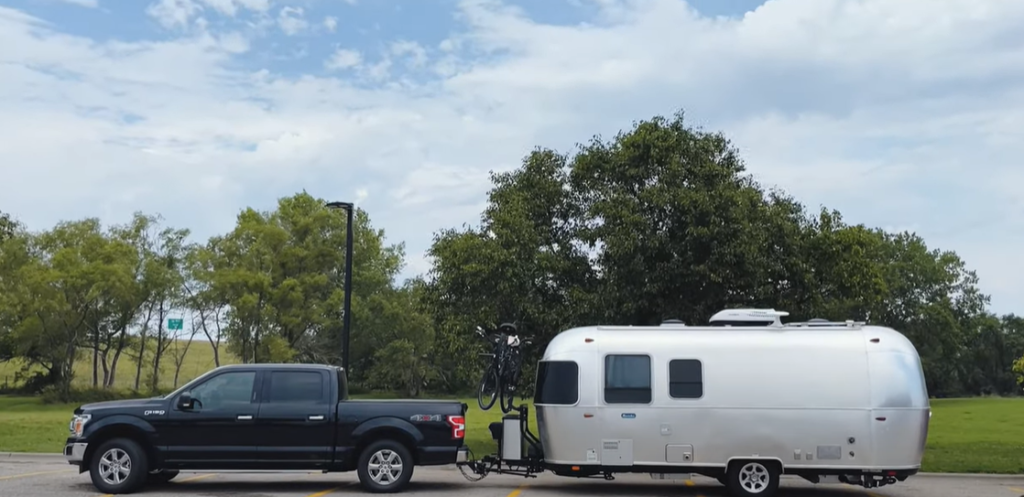
Can I get financing for an RV?
Yes, you can usually get financing for an RV if you have a good credit score and meet the lender’s requirements.
Additionally, many dealerships offer financing options, so be sure to shop around and compare different offers before making your decision. Finally, make sure to read all of the paperwork carefully and understand all of the terms and conditions before signing anything.
What other expenses should I consider?
In addition to the purchase price of the RV, there are other expenses such as insurance, registration fees, and maintenance costs.
Additionally, there are other costs associated with owning an RV such as storage fees, campground registration fees, and fuel costs. Be sure to factor all of these expenses into your budget so you can determine if buying an RV is right for you.
Which type of RV should I buy?
The type of RV you should buy will depend on several factors such as your budget, the size of your family, and how often you plan to use it. There are a variety of different types available including travel trailers, fifth wheels, pop-up campers, motorhomes, and truck campers.
How do I know if an RV is in good condition?
When buying a used RV, it’s important to do a thorough inspection of the vehicle. Look for signs of rust or water damage, check all the lights and appliances, and inspect the interior for any mould or mildew.
Additionally, you may want to have a qualified mechanic take a look at the RV to make sure it’s in good condition. Finally, ask for a vehicle history report to ensure that you are buying a quality product.
What should I do before taking an RV on the road?
Before taking an RV out on the road, be sure to do some basic maintenance such as checking the tires, the brakes, and the fluids. Additionally, you should go over all of the safety features such as checking that the fire extinguisher is working properly and making sure there are functioning smoke and carbon monoxide detectors.
Finally, be sure to check your RV’s insurance policy to ensure you have coverage for any issues that may arise.
Useful Video: 3 Small Class C RVs Under 25′ – Easy to Drive and Setup!
Conclusion
Deciding whether or not to buy an RV is a big decision. If you’re on the fence, it’s important to consider all of the potential costs that come with owning an RV.
In this blog post, we’ve covered some of the key expenses to keep in mind when budgeting for your RV. We hope this information has been helpful as you navigate the decision-making process. Thank you for reading!
References:
- https://lakeshore-rv.com/blog/how-much-is-a-small-rv
- https://rvownerhq.com/how-much-does-a-small-motorhome-cost/

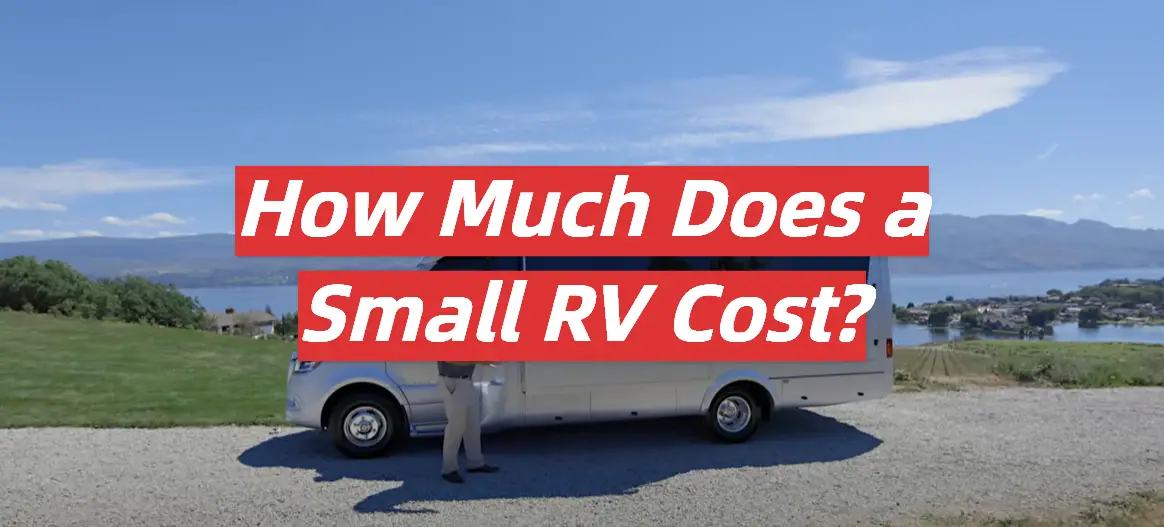
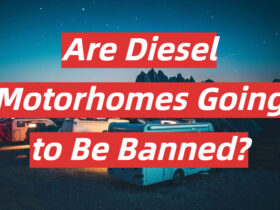
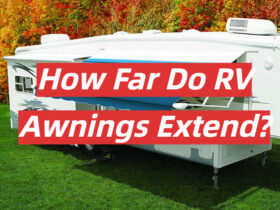
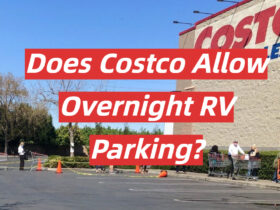
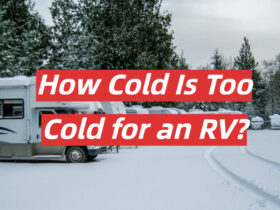
Leave a Reply